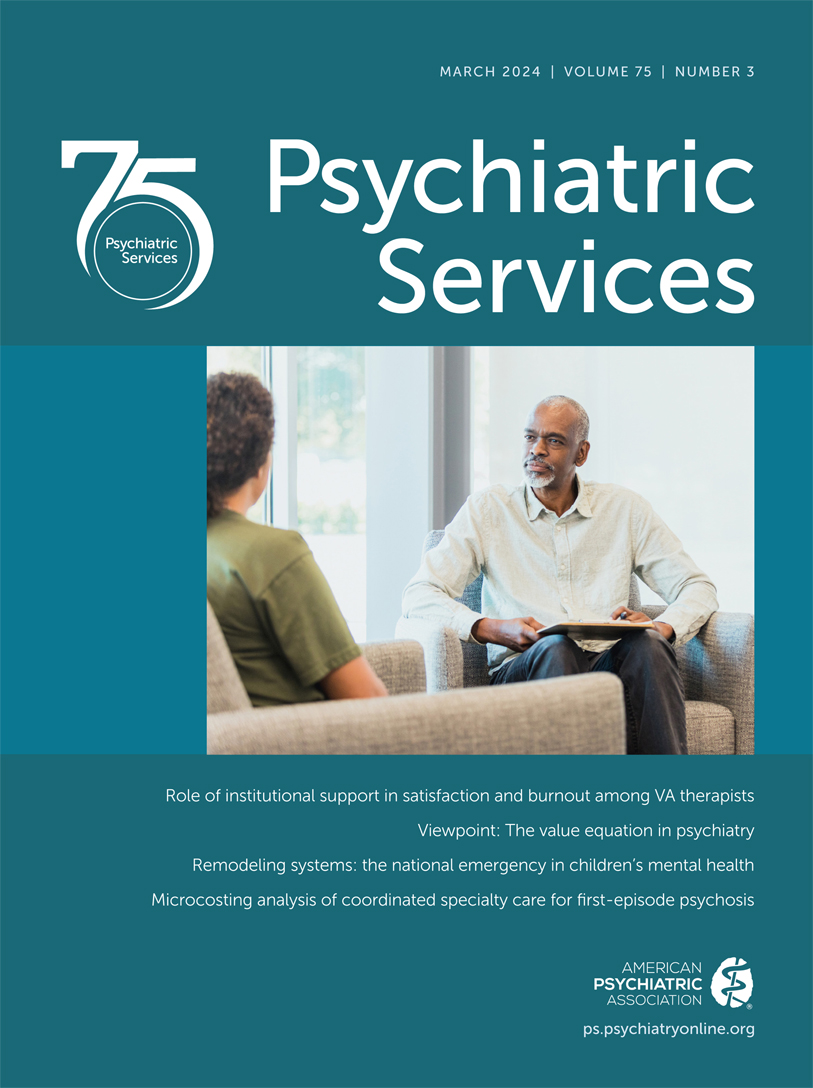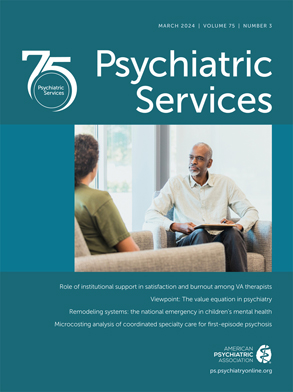“If I were a bird, I’d be a male cardinal. I’d be a beauty,” says Jane, a 62-year-old woman with severe posttraumatic stress disorder and depression who has been under my care for years.
As I arrive for a scheduled visit to her home at the edge of town, I walk along the barely cleared path in the garage between mounds of books and discarded things. I knock on the inside door; then, as usual, I let myself in.
Jane is in bed. I carry a kitchen chair into her bedroom and place it behind the electric wheelchair onto which she pivots when she needs to navigate the path through the kitchen to the bathroom and back to bed.
Outside the window next to the bed, a tray is clamped below the windowsill, on which Jane meticulously places sunflower seeds. As she pulls her hand back inside, the birds swoop in. Jane points to a zippy gray one. “That’s a chickadee,” she says. “The sweetest one. The birds all get along, except the blue jays, who are nasty!”
Jane and I have met many times over the years, first in my office, then, as her peripheral neuropathy, cardiovascular disease, spinal degeneration, and chronic pain worsened, in her home.
Jane and I have spent our adulthoods together and, dare I say, have grown up together. We learned years ago that we both feed the birds. She taught me to look at birds not only by species but also by individual particularities.
When I first met her, psychiatric patients spent months at a time in the hospital. Jane lived much of her life in the psychiatric ward so as not to jump off a high bridge. In the beginning, I was intent on “saving” her—finding the right medication and using cognitive-behavioral interventions and trauma-informed, evidence-based therapy to relieve her of flashbacks, of persistent thoughts of death and suicide, and of her piling up papers that she felt not ready to discard.
I met with her through her mother’s decline and death. We talked about her parents’ journey to this country to escape persecution. Jane and her mother had been close. Her mother had tried to protect her, even as she could not protect Jane from childhood trauma. I bore witness to Jane’s grief.
Jane met with me after I had returned from a bereavement leave. She was concerned about me. Not wanting to add one more loss, she took care of me by promising to take suicide off the table for a year. She kept her word.
Truth be told, none of my many treatments provided the dramatic relief for which I had hoped. After each time Jane and I met, I returned to my neat, if perhaps overly neat, home, my mind in disarray about how to help her.
Yet gradually over time, Jane and I moved beyond conversations focused on safety and treatment options. When I let go of the mission of trying to save her, let go of the illusion that I could control her fate—or anyone else’s, for that matter—I began to truly appreciate her intelligence, her authenticity, her wit.
I came to see Jane as someone who, like me, was working to improve the world the best she could. Jane had served as a peer advocate on state government committees, worked for the National Alliance on Mental Illness, saved more than a dozen rescue cats, raised several rescue parrots, and stayed alive.
Now during home visits, after we check in about her health and medications, we talk about religion, spirituality, and nature. And, of course, birds.
“If I were a bird,” she muses, “I’d be a male cardinal, like that one. I’d be a beauty.”
“If I were a bird,” I say, “I’d be a nuthatch, like that one, so I could walk down a tree headfirst. I’d be fearless.”
“Dr. R., you are already a nut-hatch. You’re one of the most fearless doctors I’ve met.”
“And ornery,” I say. “Not ornery like a blue jay, but I’ve gotten mad at you more than a few times over the years.”
“I know. I’ve gotten mad at you, too—a lot.”
“Oh goodness, don’t I know! How we both have grown. In my eyes, you are already beautiful. And from your courage, I have learned courage.”
Sometimes we are all hanging on by a thread. But in this room, genuine healing is taking place. Through appreciation and admiration, we connect more powerfully to each other and more strongly to life.
We both smile, surrounded by tipsy piles of papers, an old bird cage, stacks of housewares and more toiletries than one person could use in a lifetime. The way things look, the appearance of things, matters less as Jane opens the window on this sunny day and sprinkles more sunflower seeds into the tray. Again, the birds swoop in.

